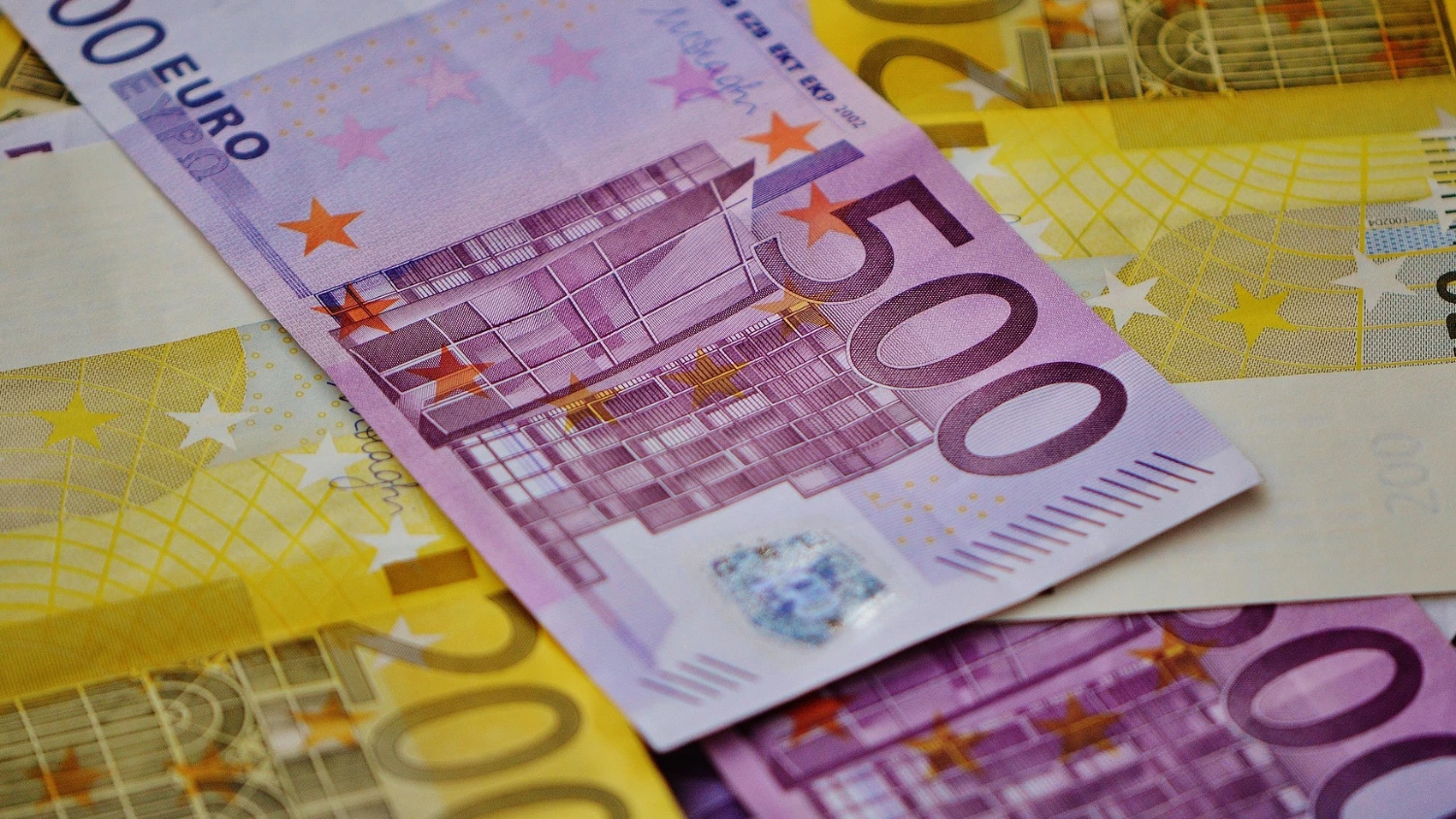The new High-Speed Rail Action Plan sets out steps to create a faster, more interoperable, and better-connected European network by 2040. The plan, which builds on the Trans-European Transport Network (TEN-T), foresees connecting major nodes at speeds of 200 km/h and above.
Apostolos Tzitzikostas, Commissioner for Sustainable Transport and Tourism, said: "By investing in faster, better-connected rail and scaling up renewable and low-carbon fuels, we are making Europe's transport system cleaner, more resilient and more affordable for citizens."
For example, passengers will see travel times cut from Berlin to Copenhagen from seven hours to four hours, and from Sofia to Athens from over 13 hours to just six hours.
The EC proposes four key strands of action, including removing cross-border bottlenecks with binding timelines set by 2027, developing a coordinated financing strategy, improving conditions for the rail industry, and strengthening EU-level governance.
The second key initiative, the Sustainable Transport Investment Plan (STIP), establishes a common approach to increase investment in renewable and low-carbon fuels, with a focus on the aviation and waterborne sectors. To meet the RefuelEU Aviation and FuelEU Maritime targets, approximately 20 million tonnes of sustainable fuels (biofuels and e-fuels) will be required by 2035, necessitating an estimated €100 billion in investment.
Key investment measures aiming to mobilise at least €2.9 billion through EU instruments by 2027 include at least €2 billion for sustainable alternative fuels under InvestEU, €300 million via the European Hydrogen Bank, and €446 million for synthetic aviation and maritime fuel projects under the Innovation Fund.









